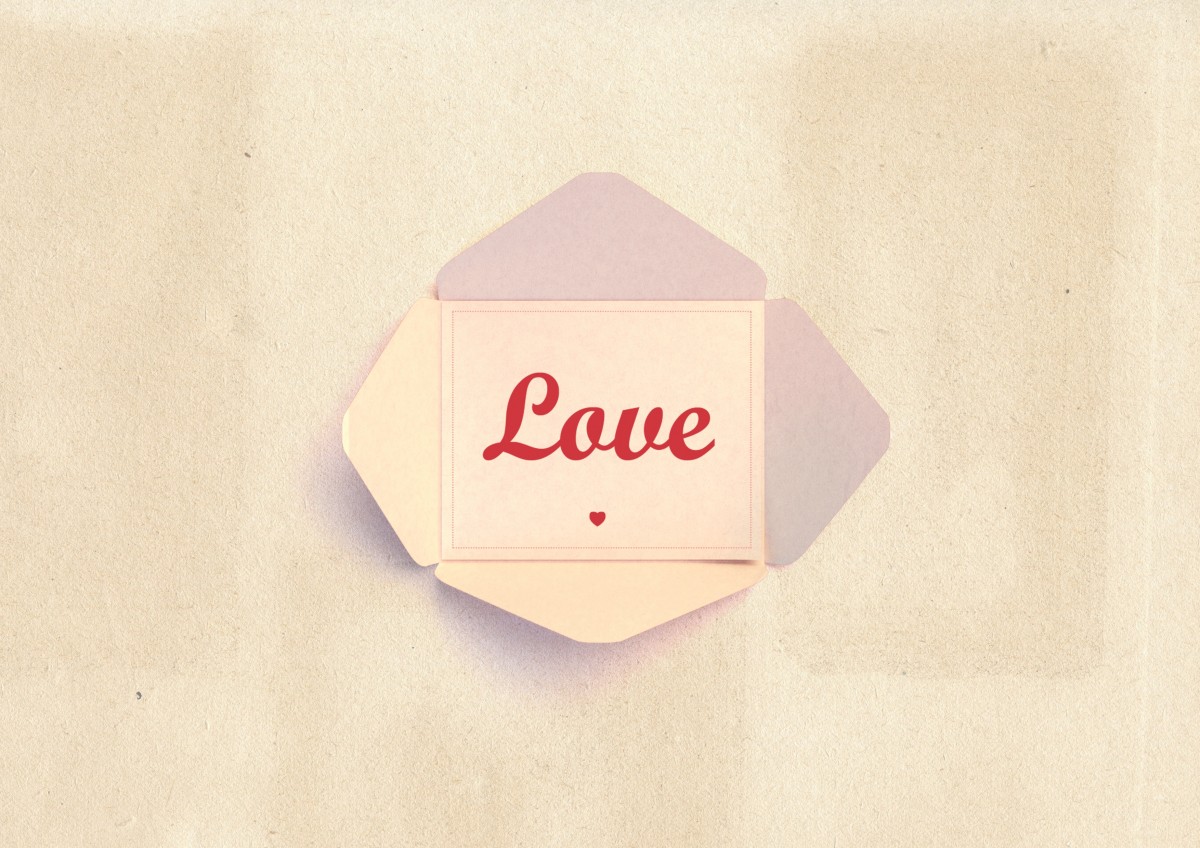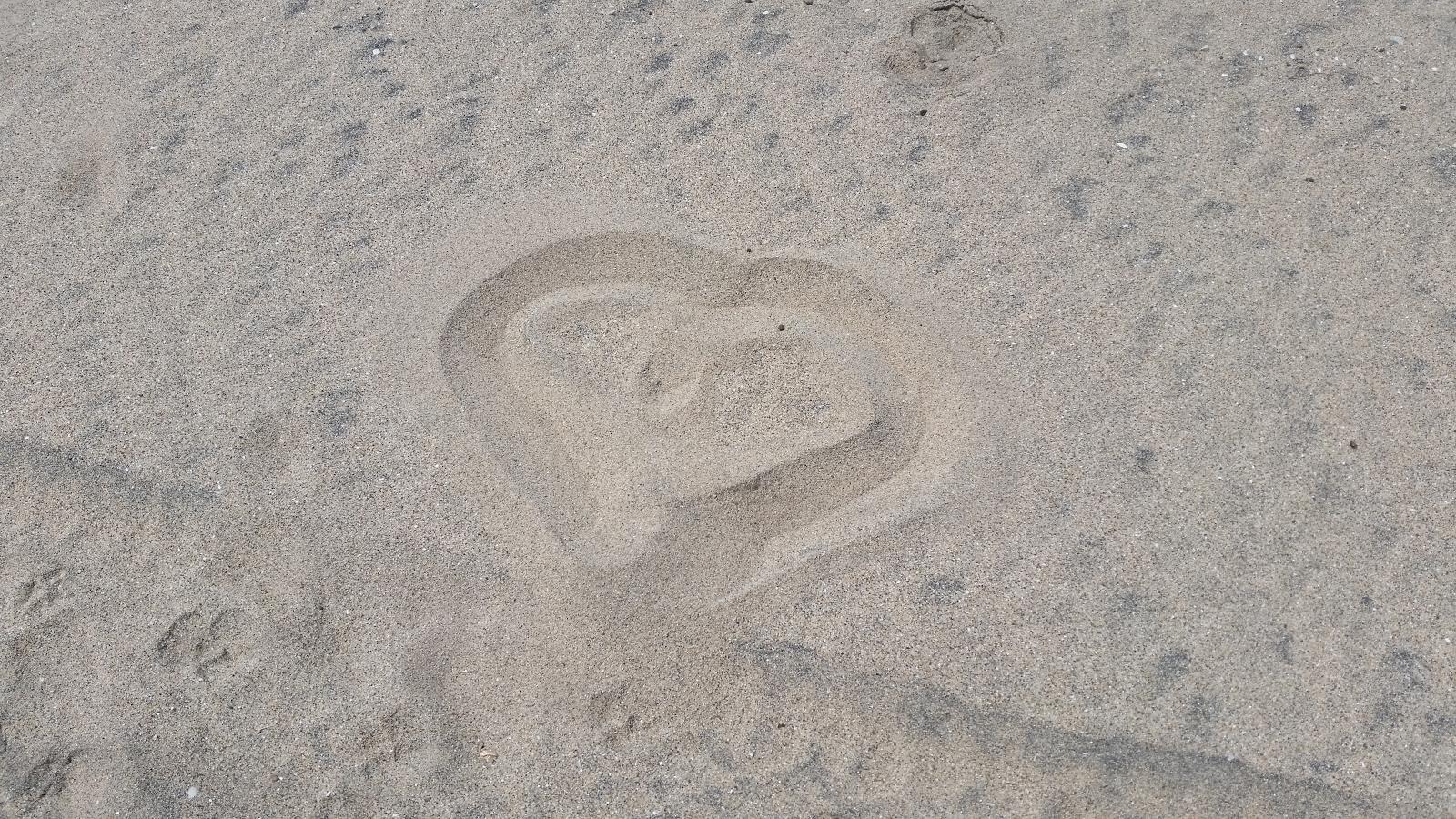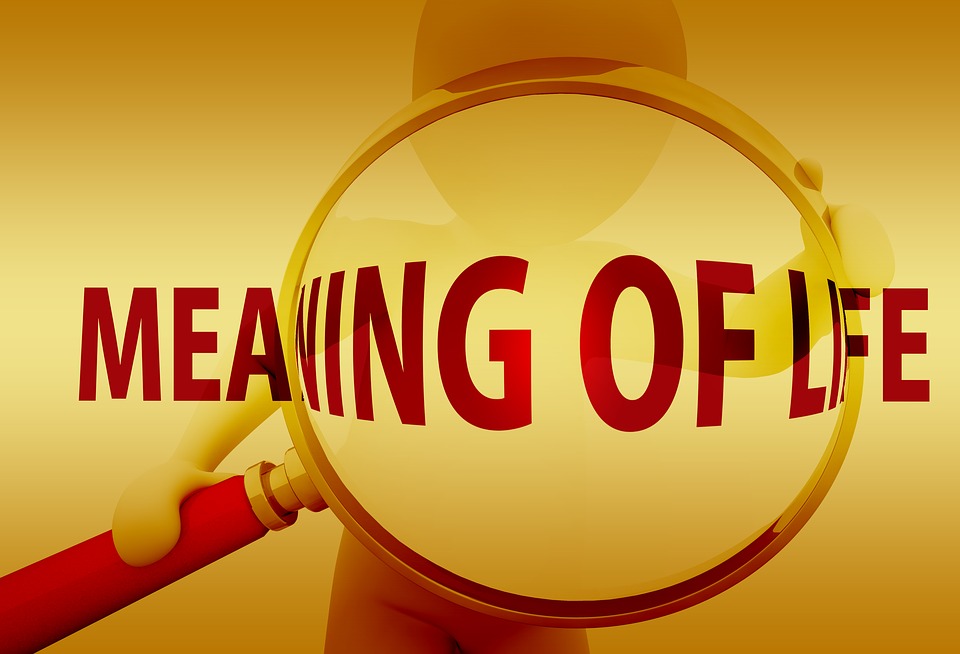
The Creative Process Best Begins by Embracing Fun & Excitement
We’ve all heard the phrase, “be in the flow.” What is it exactly, though? And, how do we get “in” it? This new moon’s edition of Soul Notes is devoted to the creative flow of life. If you’re game (pun intended), let’s go!
Creativity is intelligence having fun. –Albert Einstein
Creativity, at its core, is creating something from nothing – or at least something different from that with which you started. Remember as a child, making up games, and scenarios, right on the spot? Remember being with a few of your friends, and deciding who would play whom, and assigning characters and roles to play out – straight from your imagination?
Remember how FUN that was?
Fun first. Flow next. Then, and only then, can the mind come into the picture and serve its (important) purpose of evaluating, tweaking, remolding, editing, finishing to bring into being the final product.
The writing process can be like that. Creating from a fun, imaginative, flow state allows deep(er) access to what wants to come through you and out into the world. It emerges in a more fluid, natural, pure state that way. Once it’s out in the open it can be refined. If the mind (instead of the heart, soul, and spirit) goes first, then what emerges oftentimes can be overly structured, stilted, and less pure.
What happens to the creative process, and innate ingenuity, as we get older? Several things. Key among them is that along the way we accumulate and store experiences, and related memories. And, it’s how we learn. As adults, we tap into a virtual storage closet of occurrences to draw from. It’s how we end up using metaphors, similes, and analogies, without even thinking about it! (See what I did there…without “thinking”!)
As a corporate trainer in the legal market years ago, I studied, learned, and became certified in, ALPs (adult learning principles). As a trainer, I used metaphors and analogies to serve as educational short-cuts for the adult learners. It facilitates their grasping a new concept, if it’s put in terms of comparison or contrast to something with which they are already familiar. When training sales reps, I used these ALPs often — to help the sales consultants be able to learn the technical aspects of our product lines, and in turn then be able to explain those to the personnel at the law firms we served.
I find myself doing this in my writing process as well. I’m not really conscious of it until I go back to review what I’ve written so far.
This comes in handy when writing anything, including legal briefs, crafting opening or closing arguments, and whether in front of a judge or jury. It also helps when you are conveying information, strategies and counsel to your own litigation clients.
It’s like the phrase “toying with an idea.” It’s your intelligence at play. That’s creativity, as Einstein suggests. (Notice that I didn’t say that it is your intelligence at work. Work suggests thinking, and mental fortitude, which carries a different energy altogether.)
Fluidity Requires Surrendering
Fluidity, flow, “in the zone” – it’s often described in the context of playing sports. (Again, notice that we don’t say “working” sports). This is perhaps the ultimate in nonresistance. To use another metaphor, that of a river or stream: Allowing yourself to go with the natural flow, downstream, and with rather than against the current gets you farther and with the least amount of effort. It’s the most efficient use of energy (and time). This allows for the best results with the least amount of taxation on your body, mind and spirit. Time flies as do you (okay, that one is a mixed metaphor…grin.) This involves surrendering. It requires a suspension of the mind – it’s the opposite of “thinking too hard” about something.
I’ll give you two examples from my own experience.
One: Rowing.
I was a member of a four-person recreational sculling or “crew” team. Including our coxswain, five us in a boat would row back and forth along the stretch of ocean in front of Marina del Rey, California. There are a lot of elements at play when rowing, even in a one-person boat let alone one with five!
 The boats themselves are sensitive to even the slightest imbalances, and are extremely easy to tip. The hulls are only about four inches deep, and you’re sitting practically right atop the water. The water has its own currents running underneath you, and the winds above may be calm or blustery. The external conditions vary from moment to moment. The sun may or may not be in your eyes. Plus, the seats slide back and forth along a narrow center track inside the boat; and the individual oars (on each side) all move independently. Oh, and did I mention that you’re rowing backwards? So, you cannot see where you’re going. Keeping the boat straight and clear of obstacles is a big part of the job of the coxswain, who is in the boat with you, facing the other direction.
The boats themselves are sensitive to even the slightest imbalances, and are extremely easy to tip. The hulls are only about four inches deep, and you’re sitting practically right atop the water. The water has its own currents running underneath you, and the winds above may be calm or blustery. The external conditions vary from moment to moment. The sun may or may not be in your eyes. Plus, the seats slide back and forth along a narrow center track inside the boat; and the individual oars (on each side) all move independently. Oh, and did I mention that you’re rowing backwards? So, you cannot see where you’re going. Keeping the boat straight and clear of obstacles is a big part of the job of the coxswain, who is in the boat with you, facing the other direction.
Despite the physical effort, crew is probably the only sport I’ve done where I’ve ended up feeling lighter and more refreshed after a long (one or two-hour) stint, than before I started! I came to realize that the primary reason for that was that when I am rowing, my brain can’t help but take a rest. There’s virtually no room for mind chatter with so many other moving parts going on! There’s too much subtlety for your body to pay attention to, that if you think too hard, you’ll lose the rhythm and disrupt the pace set by the coxswain. You’ll also likely throw off the synchronization with your fellow rowers. Then you’re subject to toppling the boat and everyone in it – right into the sea! (We actually did do that once – and we hadn’t even left the dock. That’s another story for another day…smile).
Two: Hitting a golf ball.
 Golfing is a unique sport in that the ball doesn’t move. Well, at least not until you make contact with it, by hitting it with a golf club. Seems simple enough, doesn’t it? That’s what I thought, until I tried it.
Golfing is a unique sport in that the ball doesn’t move. Well, at least not until you make contact with it, by hitting it with a golf club. Seems simple enough, doesn’t it? That’s what I thought, until I tried it.
I mean, I grew up as a baseball player, hitting 70-mile an hour fast balls (and even 90-mile an hour ones, if I was at the batting cages) coming at me. So, how hard could it be to hit a golf ball that’s just sitting there?
Well, in short – to have success, you simply cannot “think” about it.
When you’re hitting or fielding a swiftly moving baseball, there isn’t time to think. You need to allow your body to move into position and trust that it will adjust accordingly as needed. You put your body in motion, and then you let your body take its natural flow toward hitting or receiving the ball.
In golf, it’s really the same thing – it’s just that the timing is different. The golf ball starts out stationary. Whether you’re in the tee box or out on the course – in the fairway, in the rough, on the green, or in a sand trap – time is suspended. (Unless you take a really long time to hit the dang thing, and you hold up other players, then you risk admonishment from the golf course marshal).
This “extra time” is exactly what provides perhaps the biggest challenge. It allows you to think about it too much. You cannot successfully think your way through a golf shot. Sure, you can think beforehand about the distance, what club you want to use, survey the wind conditions, and the like. And, as with any sport, it helps to have at least learned the basics of the mechanics of the game. But when it comes time to making clean contact with the ball, just like with rowing, you need to put yourself in motion and allow and trust in your body to make a natural, fluid movement. You need to relax and allow your body to do what it is designed to do.
It’s generative in its nature. It comes forth from your body and not from your mind.
So, today’s lesson? Give your mind a rest!
Are you game?
Okay, your turn:
When do you find yourself most easily “in the flow” and not overly thinking? In what type of situations do you find the opposite to be true? Do you start out in one mode, and end up in another? If so, what helps or hinders your success?
I invite you to SHARE your thoughts, feelings, and experiences by leaving a Reply in the Comments section, below. Soul-to-soul!
© 2018 Lori A. Noonan. All Rights Reserved.
 What it means to be home
What it means to be home When we were there, each of the townships was vying for the coveted “Tidy Town Award.” We smiled big smiles whenever we’d see a local shop owner delicately sprucing up a flower box, or hand polishing a brass railing, or sweeping up with pride the sidewalk in front of their shop.
When we were there, each of the townships was vying for the coveted “Tidy Town Award.” We smiled big smiles whenever we’d see a local shop owner delicately sprucing up a flower box, or hand polishing a brass railing, or sweeping up with pride the sidewalk in front of their shop.


 The boats themselves are sensitive to even the slightest imbalances, and are extremely easy to tip. The hulls are only about four inches deep, and you’re sitting practically right atop the water. The water has its own currents running underneath you, and the winds above may be calm or blustery. The external conditions vary from moment to moment. The sun may or may not be in your eyes. Plus, the seats slide back and forth along a narrow center track inside the boat; and the individual oars (on each side) all move independently. Oh, and did I mention that you’re rowing backwards? So, you cannot see where you’re going. Keeping the boat straight and clear of obstacles is a big part of the job of the coxswain, who is in the boat with you, facing the other direction.
The boats themselves are sensitive to even the slightest imbalances, and are extremely easy to tip. The hulls are only about four inches deep, and you’re sitting practically right atop the water. The water has its own currents running underneath you, and the winds above may be calm or blustery. The external conditions vary from moment to moment. The sun may or may not be in your eyes. Plus, the seats slide back and forth along a narrow center track inside the boat; and the individual oars (on each side) all move independently. Oh, and did I mention that you’re rowing backwards? So, you cannot see where you’re going. Keeping the boat straight and clear of obstacles is a big part of the job of the coxswain, who is in the boat with you, facing the other direction. Golfing is a unique sport in that the ball doesn’t move. Well, at least not until you make contact with it, by hitting it with a golf club. Seems simple enough, doesn’t it? That’s what I thought, until I tried it.
Golfing is a unique sport in that the ball doesn’t move. Well, at least not until you make contact with it, by hitting it with a golf club. Seems simple enough, doesn’t it? That’s what I thought, until I tried it.



 Upon the return, I took my turn at the helm. Clearly, we knew our intention, and our destination – to get the boat and ourselves back to the mainland and the port from which we had originally departed. It was at that dock where we had left our cars, too – so we knew that’s where we needed to point the boat.
Upon the return, I took my turn at the helm. Clearly, we knew our intention, and our destination – to get the boat and ourselves back to the mainland and the port from which we had originally departed. It was at that dock where we had left our cars, too – so we knew that’s where we needed to point the boat.

